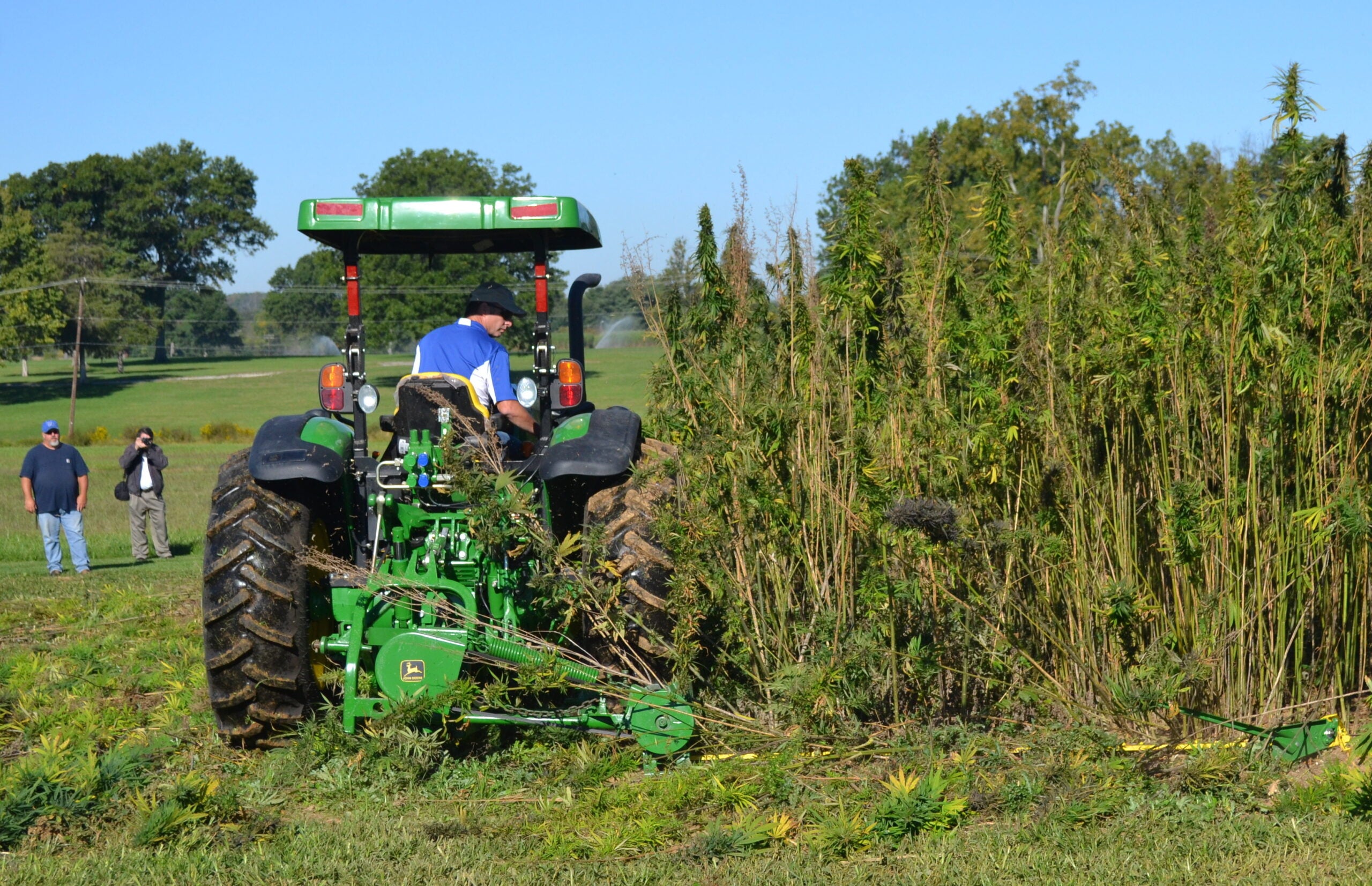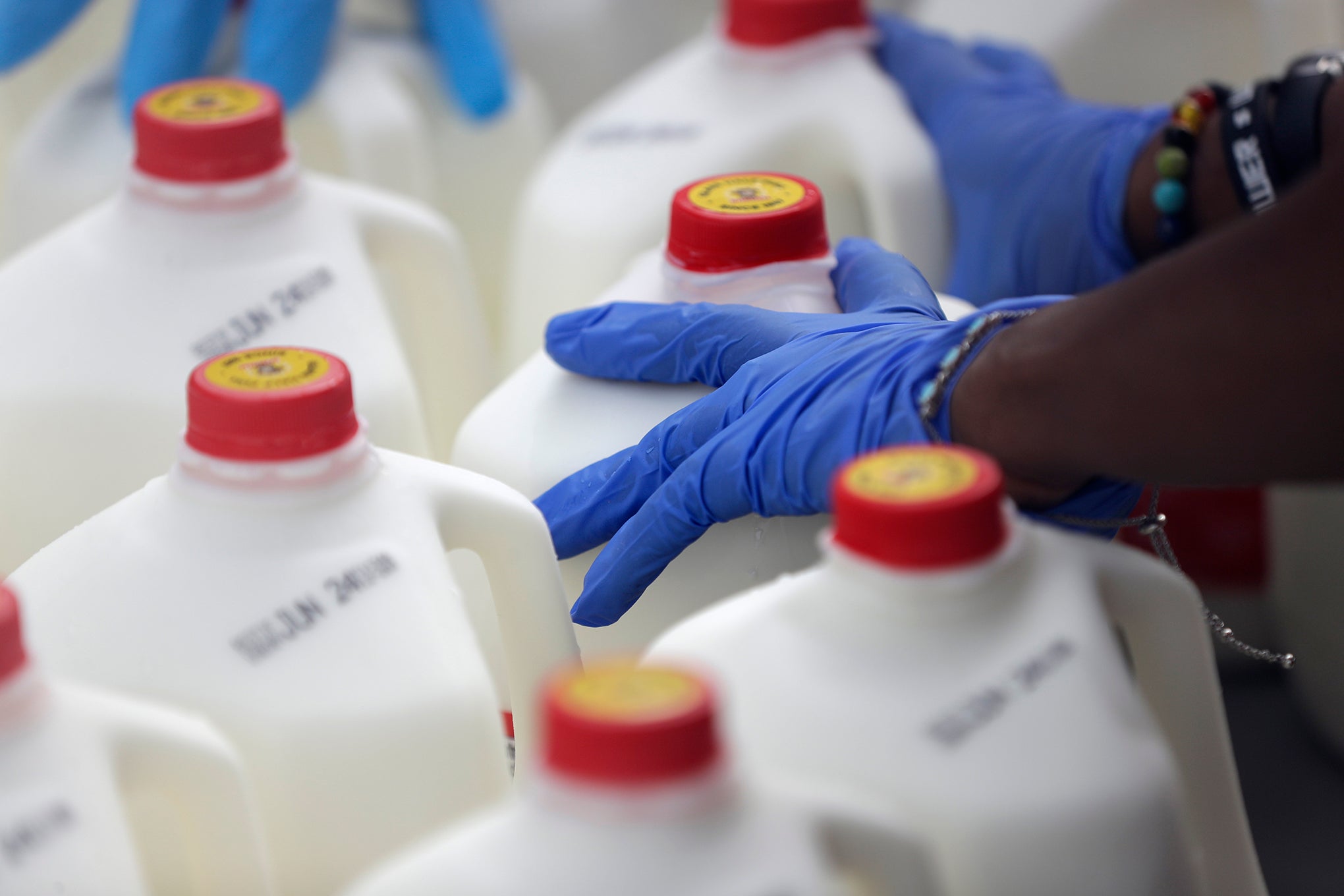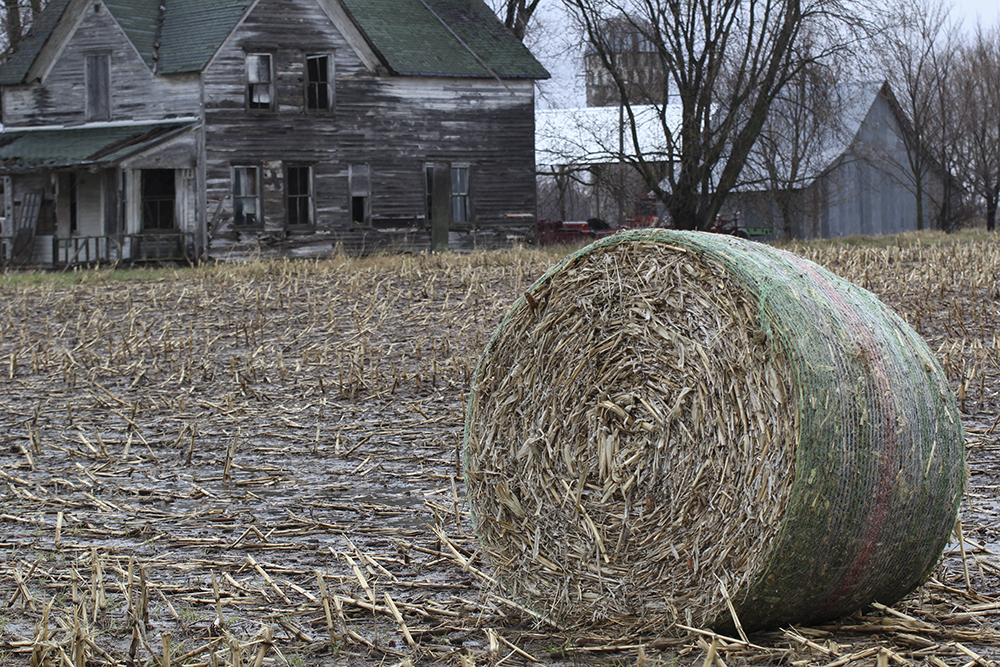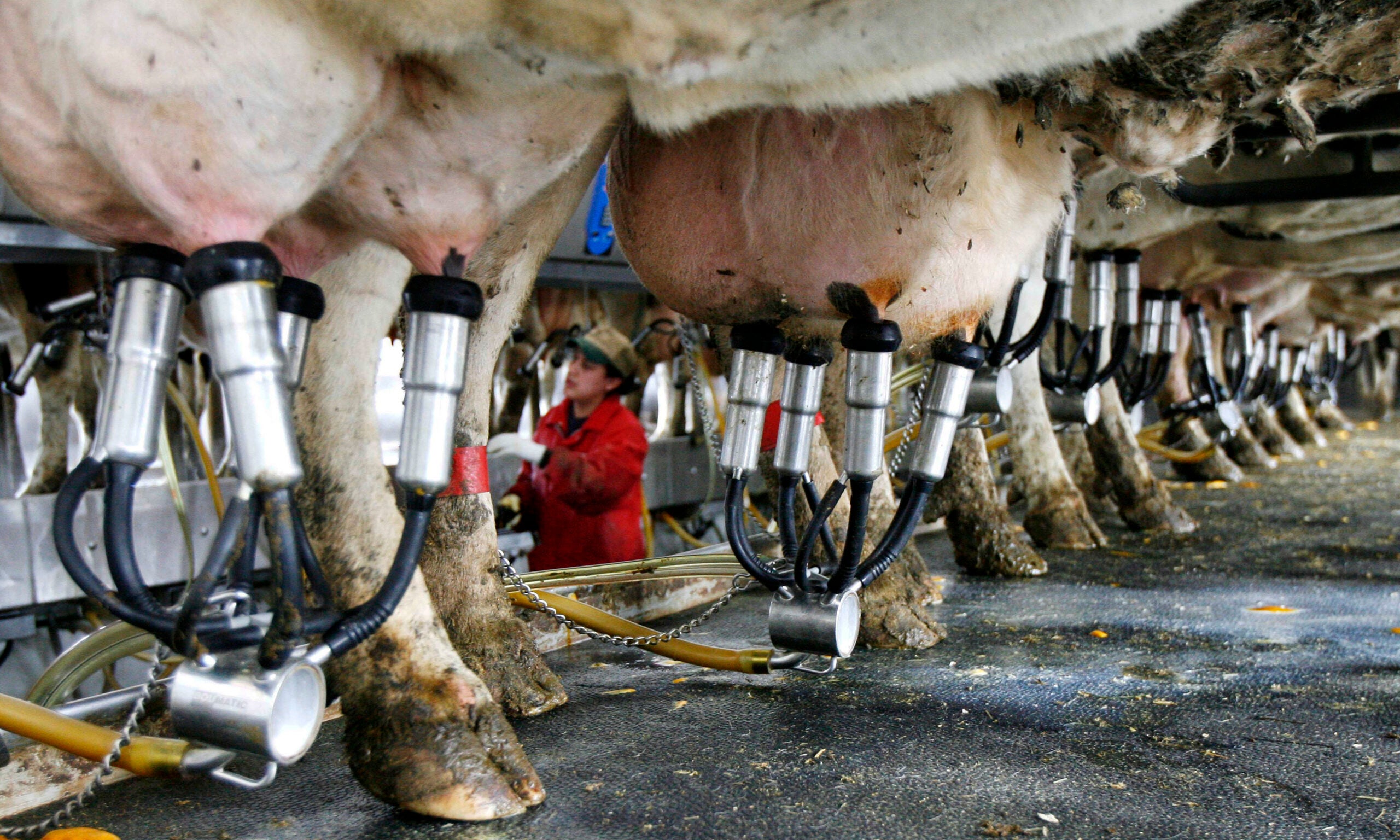Wisconsin hemp groups say the state’s decision to delay new regulations will keep CBD growers from suffering under more restrictive regulations.
Last week, the Wisconsin Department of Agriculture, Trade and Consumer Protection (DATCP) announced it would postpone transitioning to the state’s permanent hemp program, created after the 2018 farm bill. The move to postpone came after Congress extended states’ authority on Oct. 1 to operate research pilot programs until Sept. 30, 2021.
In a press release, DATCP officials said they believed the pilot program, which was set to expire at the end of the month, “allows the greatest opportunity” for hemp growers and manufacturers to operate.
Stay informed on the latest news
Sign up for WPR’s email newsletter.
Two hemp groups and two farmer groups sent a letter to DATCP asking for the delay.
Rob Richard, president of the Wisconsin Hemp Alliance, said many people in the state’s CBD industry agree with the decision. He said the USDA’s interim rule for state hemp programs gives farmers less flexibility if their crop contains too much THC, the psychoactive component in marijuana.
“(The pilot program) would test for THC up to 0.399 (percent), whereas under the state hemp program or the USDA rule, it would be hard 0.30 (percent). That doesn’t sound like a real big number, but if you’re growing for CBD purposes, that’s huge,” Richard said.
Richard said growers would lose the ability to “recondition” their crop under USDA’s interim rule. He said current Wisconsin regulations allow farmers to sell plant stalks or other components even if their flowers test too high in order to recoup some of their costs.
Kattia Jimenez, owner of Mount Horeb Hemp, said she agrees with DATCP’s decision to slow the transition to the permanent program until issues with the USDA’s interim rule are resolved. She said she would like to see the state try to create more flexibility around sampling and testing plants.
“It seems to be a lot of burden on the farmer to get that timing just right, to call (DATCP) within a certain amount of time until you’re going to harvest; and as you’re waiting for that test, having a limited amount of time to harvest. I think it would be good to revisit that,” Jimenez said.
Richard agreed growers need more flexibility around harvesting. The USDA’s interim rule would require farmers to harvest their crops within 15 days of being tested, as opposed to the 30 days allowed under the Wisconsin pilot program.
“We all know that in Wisconsin, come fall, the weather is very, very sketchy at times and you may not be able to get that harvest in within that two-week period,” Richard said.
Richard said the September deadline for the transition next year isn’t ideal for farmers, who will likely be in the middle of harvesting. But he said many in the hemp industry are hopeful Congress will extend the deadline again until December as the USDA reevaluates their interim rule.
He said it’s not just Wisconsin who’s calling for changes to the guidelines, pointing to public comment on the interim rule from the National Association of State Departments of Agriculture.
Jimenez said 2020 has already brought enough challenges for producers thanks to the coronavirus. Her farm launched a new line of CBD products right before the pandemic hit the United States, and Jimenez said they had to quickly change their plans to sell at local businesses.
“I’ve invested heavily in e-commerce because that’s really the safest way that people can purchase my products,” Jimenez said.
But she said this year’s growing season has been the best yet, after dealing with wet weather the first two years under the state’s pilot program.
“I think the weather helped, but I think it also just helped to have experience. When you’re doing something for the first time or the second time, you’re learning a lot,” Jimenez said. “There’s something to be said about having two seasons under our belt. So I think we were more confident.”
Richard said farmers success with growing CBD hemp this year could also be a problem given the current oversupply in the CBD market. He said many producers are still struggling to sell product from 2019 before beginning to market their 2020 crop.
Wisconsin Public Radio, © Copyright 2025, Board of Regents of the University of Wisconsin System and Wisconsin Educational Communications Board.





